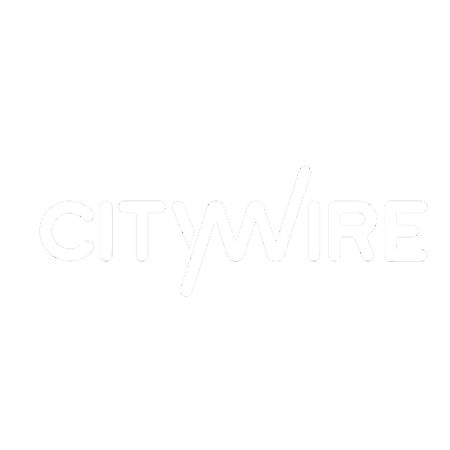TED talks are a very popular and effective format for engaging with new knowledge. Themed around technology, entertainment, and design, the talks are free to watch and last for up to 18 minute, making them more easily accessible and digestible. Many of the talks come from TED’s main conference that the organization has held annually since 1984, but a few years back, they enabled people anywhere to host small independent TED events under the TEDx program (x stands for independent). As such, an explosion of TEDx talks have popped up online, creating so many new opportunities to hear fascinating ideas.
In 2013, UnSchool founder and lead educator, Leyla Acaroglu, was selected by the TED organizers to be one of a handful of people to be invited to the TED mainstage in Los Angeles to give a talk as part of that year’s theme: ‘The Young, the Wise, and the Undiscovered’. Since then, Leyla has given mainstage talks all over the world about systems change, sustainability, and design as a tool for creating positive change. She has now spoken at three different TED events, including the popular mainstage one Paper Beats Plastic, then in her hometown at TEDx Melbourne with Why We Need to Think Differently About Sustainability, and most recently, in Lisbon (near her Brain Spa, the CO Project Farm) where she creatively questions, How Do We Value Invisible Things?
In this week’s journal, the team at the UnSchool have put together summaries of these three talks to highlight the relationship between them and all the fascinating content that we share at the UnSchool.
Paper Beats Plastic, TED Los Angeles
Have you ever been at the supermarket and been given a plastic bag which you refuse, and then get offered a paper bag instead, and told it’s better for the planet because it's made of paper? In this fascinating talk, Leyla completely busts the myth of biodegradable or natural materials being “more sustainable” by nature. She explains the life cycle assessment data on how the whole-life environmental impacts mean that the paper bags (which require more raw materials) are often a larger impact than the plastic. She is not promoting plastic, however; she is using this example to illustrate that there are no simple solutions to complex problems and that it's the system that we need to understand. She then goes on to reinforce this point through examples of poorly designed refrigerators, electric tea kettles, and cell phones.
Life Cycle Thinking and Sustainable Design are two of the 12 units we teach as part of the Disruptive Design Method at the UnSchool. The ability to understand the whole of life environmental impacts of a product, service, or system and then to apply sustainable and regenerative design principles to changing the way these things exist in the world, is one of the core aspects of positive creative changemaking.
Why We Need to Think Differently About Sustainability, TEDx Melbourne
Supported by Einstein’s idea that “problems cannot be solved at the same level of thinking that created them,” Leyla presents a strong case for a paradigm shift on sustainability, sharing fascinating stories of what can go wrong when we try to apply simple, reductionist solutions to complex problems — which is also known as the law of unintended consequences. You’ll learn about a bounty on rat tails (!) during French-ruled Vietnam in 1902, how CFCs infiltrated our refrigerators and everyday products, why the EU’s use of biofuels resulted in a world food shortage and the deforestation crisis, the story of cane toads in Australia, and much more as she breaks down exactly how good intentions can result in far bigger problems.
Leyla ends the talk by sharing the power of systems thinking in discovering how sustainability is actually about self-preservation of our human species when we understand the interconnectedness of our human relationships with natural systems. These key themes of systems thinking, sustainability and creative problem solving are the three pillars that we teach at the UnSchool. Together, they form the foundations of all our content and approach to creative changemaking that we share.
How do we Value Invisible Things? TEDx, UniverSIty OF Lisbon
Leyla continues her renowned provocations on how we can design the world and it, in turn, designs us. In this talk you can see how she illustrates the relationship between the micro and macro systems as she dives into why our current economic systems value novelty, prestige, and status over sustainability. She explores the failures of our growth-based GDP global economic system, and shows how it simultaneously devalues the beautiful invisible things that make life magic — like happiness, Earth’s natural beauty, and the freedom to pursue a fulfilling life.
The story is told with the help of the history of pineapples (which once cost $10,000 and were rented for parties to show wealth and prestige), diamonds (which are technically valueless), chocolate cake (which apparently you can have too much of), in Leyla’s classic style of telling fascinating stories of the everyday things that we all engage with, but don’t often think about in this way. As usual, it’s a funny, fast-paced talk that will stretch your brain and encourage you to explore how we can challenge the current status quo of devaluing the most important things in life.
The UnSchool is all about inspiring people to activate our individual agency and take action toward a more sustainable, circular, and regenerative future by understanding the complex and fascinating systems at play in the world around us. Much of the content Leyla shares through her talks is delivered with much more detail in the UnSchool digital and in-person content and workshops. Making change takes time and hard work, but it can clearly be a lot of fun and involve creative and fascinating ways of illustrating the stories we need to think differently about so that the world works better for all of us.
If Leyla’s work and ways of approaching sustainability and creativity interests you, then you can watch hours and hours of content over at our online learning hub, UnSchool Online. We most recently added certification tracks, in which Leyla and the team spent two years dissecting everything she knows into video and written content that makes up the extensive learning systems for the three levels of certification.
